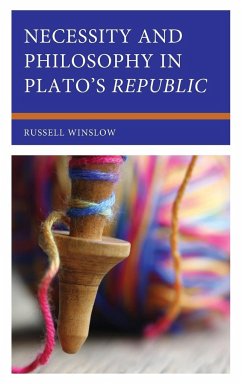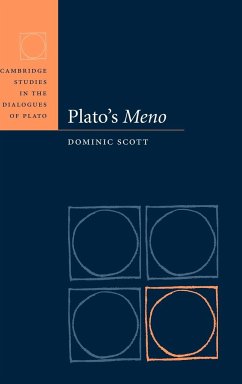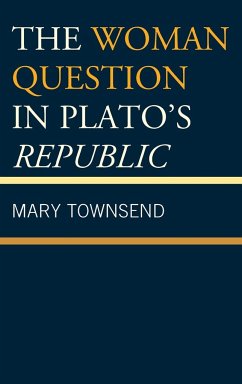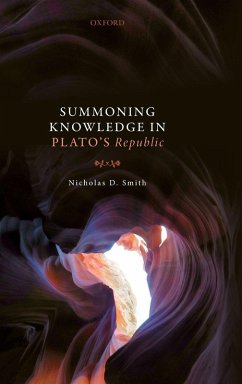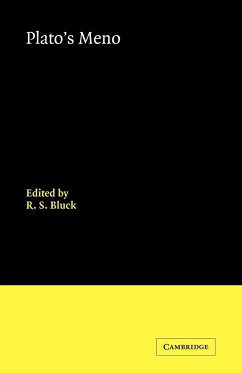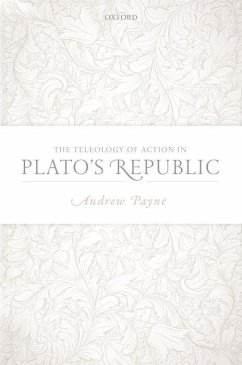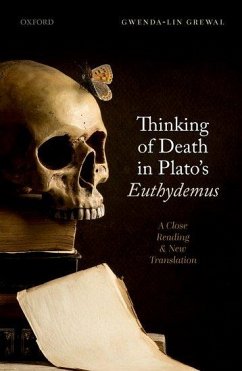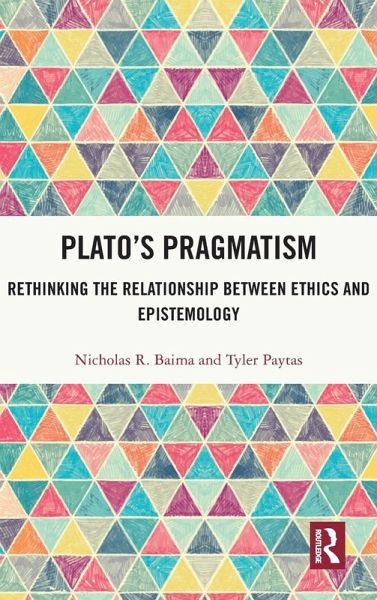
Plato's Pragmatism
Rethinking the Relationship between Ethics and Epistemology
Versandkostenfrei!
Versandfertig in 1-2 Wochen
167,99 €
inkl. MwSt.
Weitere Ausgaben:

PAYBACK Punkte
84 °P sammeln!
Plato's Pragmatism offers the first comprehensive defense of a pragmatist reading of Plato. According to Plato, the ultimate rational goal is not to accumulate knowledge and avoid falsehood but rather to live an excellent human life. The book contends that a pragmatic outlook is present throughout the Platonic corpus. The authors argue that the successful pursuit of a good life requires cultivating certain ethical commitments, and that maintaining these commitments often requires violating epistemic norms. In the course of defending the pragmatist interpretation, the authors present a forceful...
Plato's Pragmatism offers the first comprehensive defense of a pragmatist reading of Plato. According to Plato, the ultimate rational goal is not to accumulate knowledge and avoid falsehood but rather to live an excellent human life. The book contends that a pragmatic outlook is present throughout the Platonic corpus. The authors argue that the successful pursuit of a good life requires cultivating certain ethical commitments, and that maintaining these commitments often requires violating epistemic norms. In the course of defending the pragmatist interpretation, the authors present a forceful Platonic argument for the conclusion that the value of truth has its limits, and that what matters most are one's ethical commitments and the courage to live up to them. Their interpretation has far-reaching consequences in that it reshapes how we understand the relationship between Plato's ethics and epistemology. Plato's Pragmatism will appeal to scholars and advanced students of Plato and ancient philosophy. It will also be of interest to those working on current controversies in ethics and epistemology





